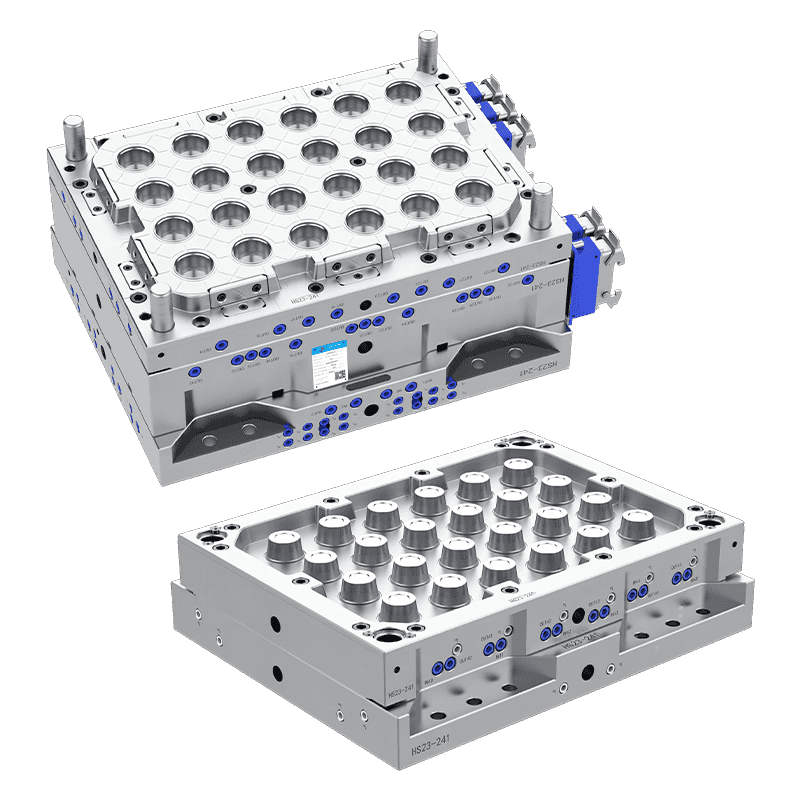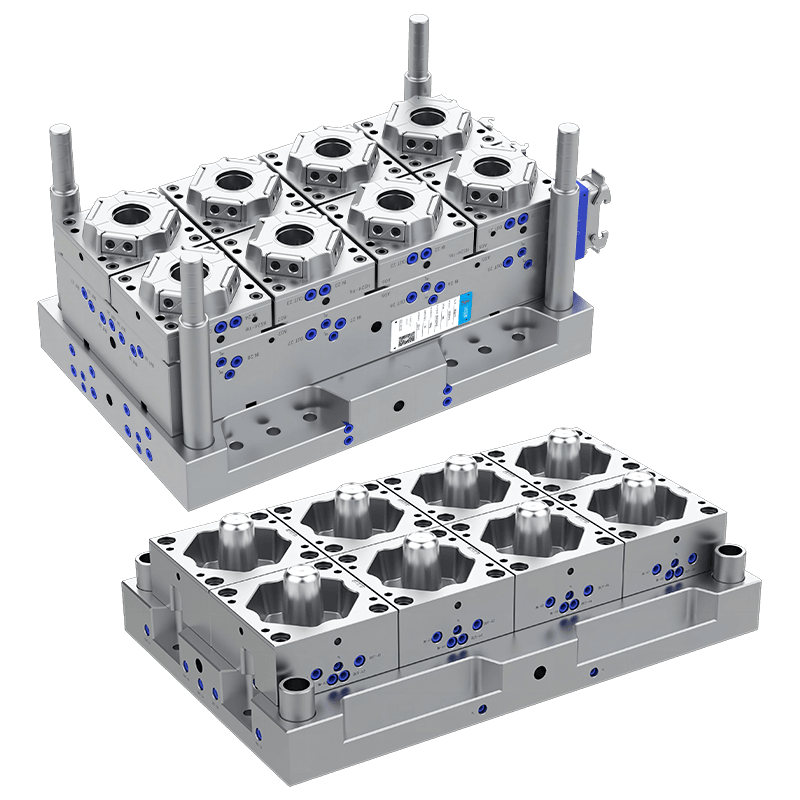Key Considerations for Plastic Injection Mould Manufacturing Companies When Designing Molds
In the highly specialized world of plastic injection molding, the role of a Plastic Injection Mould Manufacturing Company is crucial in ensuring that molds are designed and produced to meet high standards of quality and efficiency. The design phase is particularly critical as it lays the foundation for successful molding operations.
1. Understanding Customer Requirements
One of the steps a Plastic Injection Mould Manufacturing Company should take is to thoroughly understand the customer's requirements. This involves detailed discussions with the client to gather information about the intended use of the mold, desired product features, and any specific performance criteria. Understanding these needs ensures that the mold design aligns with the customer's expectations and end-use application.
2. Material Selection
The choice of materials for both the mold and the molded product is a critical factor in the design process. A Plastic Injection Mould Manufacturing Company must select appropriate materials that can withstand the stresses of the injection molding process and the conditions the final product will encounter. For instance, the mold itself is often made from high-quality steel or aluminum, while the choice of plastic material depends on the properties required for the final product, such as strength, flexibility, or resistance to heat and chemicals.
3. Design for Manufacturability
Designing for manufacturability is essential for a Plastic Injection Mould Manufacturing Company. This means creating molds that are not only effective in producing the final product but also feasible to manufacture. Factors such as mold complexity, ease of assembly, and the ability to incorporate necessary features without excessive costs are all considered. The design should facilitate efficient production processes and potential challenges during mold fabrication.
4. Precision and Tolerances
Precision in mold design is crucial to ensure that the final products meet strict dimensional tolerances and quality standards. A Plastic Injection Mould Manufacturing Company must use advanced design software and engineering techniques to achieve high precision. Accurate mold design reduces the risk of defects, ensures consistency across production runs, and helps avoid costly rework or material waste.
5. Cooling Systems
Effective cooling systems are an important aspect of mold design. A well-designed cooling system ensures uniform temperature control throughout the mold, which is vital for achieving consistent product quality and reducing cycle times. A Plastic Injection Mould Manufacturing Company should design cooling channels that are strategically placed and optimized to enhance heat dissipation, which in turn improves the efficiency of the molding process.
6. Venting and Ejection
Proper venting and ejection mechanisms are essential to the successful operation of a mold. Venting systems allow air and gases to escape during the injection process, preventing defects such as voids or burn marks. Ejection systems facilitate the removal of the finished product from the mold. A Plastic Injection Mould Manufacturing Company must ensure that these systems are integrated effectively into the mold design to support smooth operation and high-quality output.
7. Mold Maintenance and Durability
Designing for durability and ease of maintenance is a key consideration for a Plastic Injection Mould Manufacturing Company. Molds are subject to wear and tear over time, so incorporating features that make maintenance easier, such as replaceable inserts or modular components, can extend the mold’s service life. Additionally, using durable materials and designing for ease of cleaning and inspection can help downtime and maintenance costs.
8. Cost Efficiency
Cost is a significant factor in mold design. A Plastic Injection Mould Manufacturing Company must balance design complexity with cost-effectiveness. While advanced features and intricate designs can enhance functionality, they may also increase production costs. The design process should aim to optimize mold performance while considering the budget constraints of the customer. Cost-effective design solutions can help make the overall project more economically viable without compromising quality.
Contact Us
Email: [email protected]; Or fill out the contact form below.

 English
English 中文简体
中文简体 русский
русский Español
Español Français
Français




